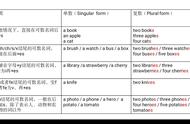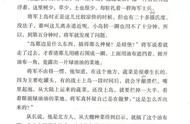在英语文章中是否见过 i.e. 、 e.g. 和 etc.?
他们究竟是什么?有何区别?
i.e. 、 e.g. 和 etc.虽然短小精悍,但是在英语语言中的地位却十分重要

i.e. 是拉丁文 id est 的缩写,意思是: that is (也就是)
它主要用于用另一种方式表达先前已经声明的内容。
例如:
- The hotel is closed during low season, i.e. from October to March. 这家旅馆在淡季,即从10月到3月,关门停业。
e.g. 是拉丁文 exempli gratia 的缩写,意思是:for example(例如)
它主要用于举例。
例如:
- You should eat more food that contains a lot of fibre, e.g. fruit, vegetables, and bread. 应当多吃些富含纤维的食物,例如水果、蔬菜和面包。

etc. 是拉丁文 et cetera 的缩写,意思是:and so on(诸如此类;等等)
例如:
- We saw lots of lions, tigers, elephants, etc.我们看到了很多狮子、老虎、大象等动物。
如果觉得张老师的文章对您有帮助,请关注、转发、收藏、评论、点赞。谢谢大家!
,















